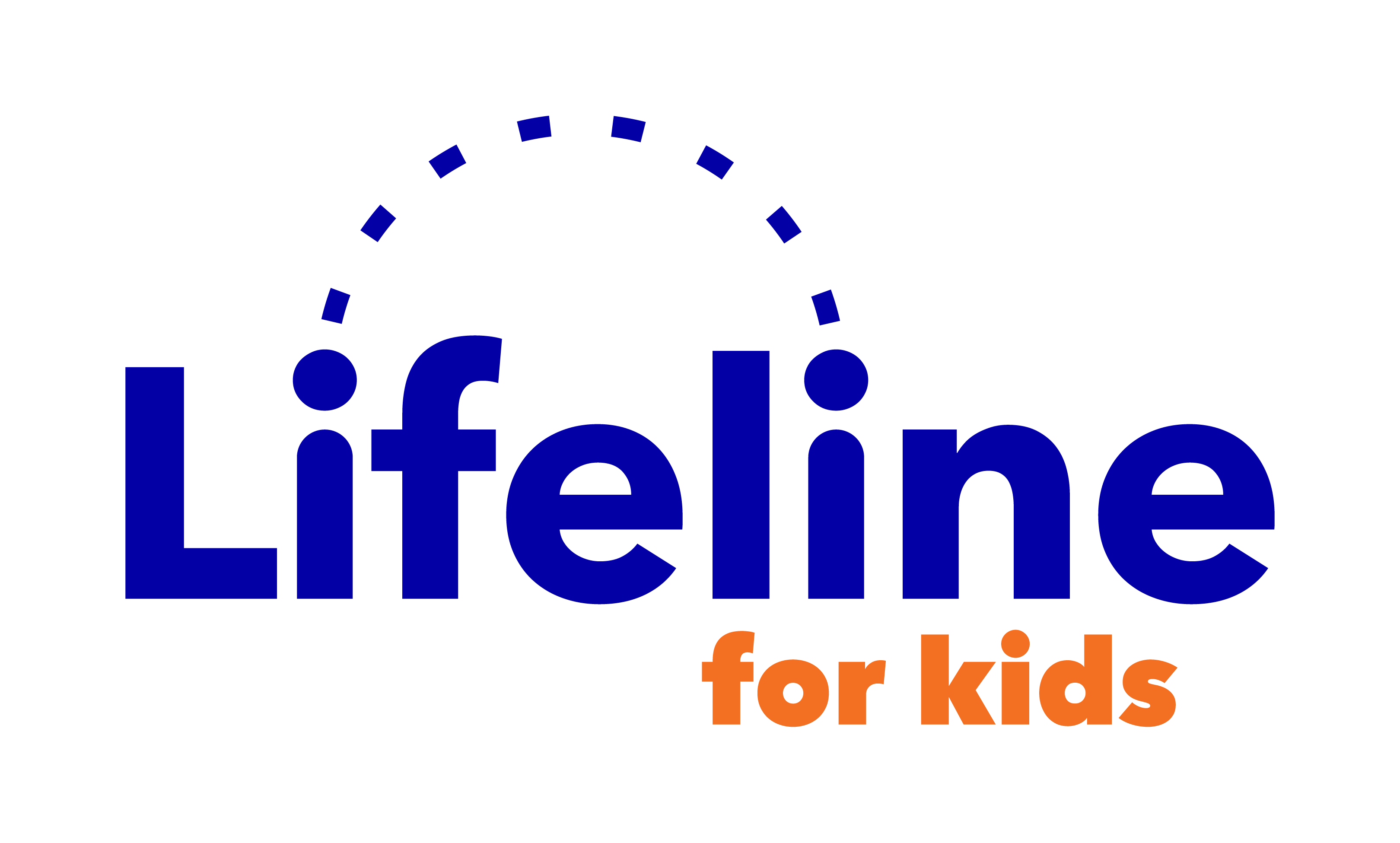Trauma-Informed Care Trainings for Health Care Professionals
We offer online and in-person trauma-informed care trainings for health care professionals. Our courses help you implement trauma-informed care in child health systems and pediatric hospitals. We invite you to select a topic or customize a course for your needs.
Schedule a Trauma-Informed Care Training
For questions, pricing information or to book a training, email LifelineforKids@umassmed.edu.
Trauma-Informed Training Topics for Pediatricians and Medical Professionals
- Introduction to Understanding Trauma
- Now What Do I Do? Responding to Children Who Have Experienced Trauma
- Seeing Beyond the Behavior: Practical Ways to Address Trauma for Medical Professionals
- Trauma and Its Impact on Development
- Wired for Connection—Loneliness and Trauma
- Secondary Traumatic Stress: Understanding the Impact on Professionals in Trauma-Exposed Workplaces
- Customizable training based on setting-specific needs assessment
Introduction to Understanding Trauma
Description: This training provides a general overview about the neurobiology of trauma and its impact on development. The training reviews the connections between:
- ACES (adverse childhood experiences)
- Toxic stress
- Resilience
The training introduces trauma as a developmental disorder and resilience as a developmental prerequisite. We also consider the role of attachment or safe, stable and nurturing relationships in resilience and trauma.
Now What Do I Do? Responding to Children Who Have Experienced Trauma
Description: This training provides medical professionals with practical strategies to manage the behavioral and emotional impact of trauma on children and caregivers. The training uses the framework of Safety, Connectedness and Regulation. This framework helps illustrate various strategies that professionals can use to help children regulate their emotions and behaviors while fostering a safe, stable and nurturing relationship. Examples of concepts are:
- Invisible suitcase
- Emotional container
- Mentalizing (keeping the child’s mind in mind)
- Developing a toolbox of skills to approach clinical situations (Reassuring, Return to routine, Regulating)
Seeing Beyond the Behavior: Practical Ways to Address Trauma for Health Care Professionals
Description: This training focuses on how trauma presents across the age span and how medical professionals can address trauma’s impact on child development. We place particular emphasis on the dual impact of trauma, which prioritizes survival skills at the cost of the development of executive functioning skills. Participants learn several concepts and practical strategies they can use in the office, including the invisible suitcase, the emotional container, mentalizing, etc.
Trauma and Its Impact on Development
Description: In this training, we provide a general overview of the concept of trauma and specific impacted domains of development. The training illustrates several areas of development, with specific examples on how trauma affects:
- Attachment
- Behavioral control
- Biology
- Cognitions
- Dissociation
- Emotional regulation
- Sense of self
We use examples and case vignettes to describe how trauma looks developmentally. We also discuss strategies for how to address trauma in pediatric settings.
Wired for Connection—Loneliness and Trauma
Description: This training illustrates:
- The concept of social isolation
- Its dimensions
- Who suffer the most from social isolation, with special emphasis on children
The training describes the consequences of loneliness/social isolation in terms of:
- Social relationships
- Unhelpful coping strategies (smoking, physical inactivity, etc.)
- Well-being
The second part of the training describes strategies to address loneliness and trauma in children, including:
- Providing psychological safety
- Mentalizing
- Establishing safe and predictable relationships
We also introduce ideas on how medical professionals can take care of themselves to better help the children they work with.
Secondary Traumatic Stress: Understanding the Impact on Professionals in Trauma-Exposed Workplaces
Description: The goal of this training is to provide information on Secondary Traumatic Stress (STS) and address practical strategies to improve the well-being of child-serving professionals. This training also provides a general overview of:
- STS
- STS’ impact at an organizational and individual level
- Strategies to identify and manage STS
The first part of the training focuses on the:
- Definition of STS
- Identification of STS signs and symptoms
- Ways to address STS at an individual level
In the second part, we focus on:
- The impact of STS at an organizational level
- Specific strategies to mitigate STS
- Specific strategies to reinforce self-care and well-being among professionals
The training provides space for:
- Interactive discussions with participants
- Experiential practice of self-care activities
- Case-based learning through discussions of case vignettes
